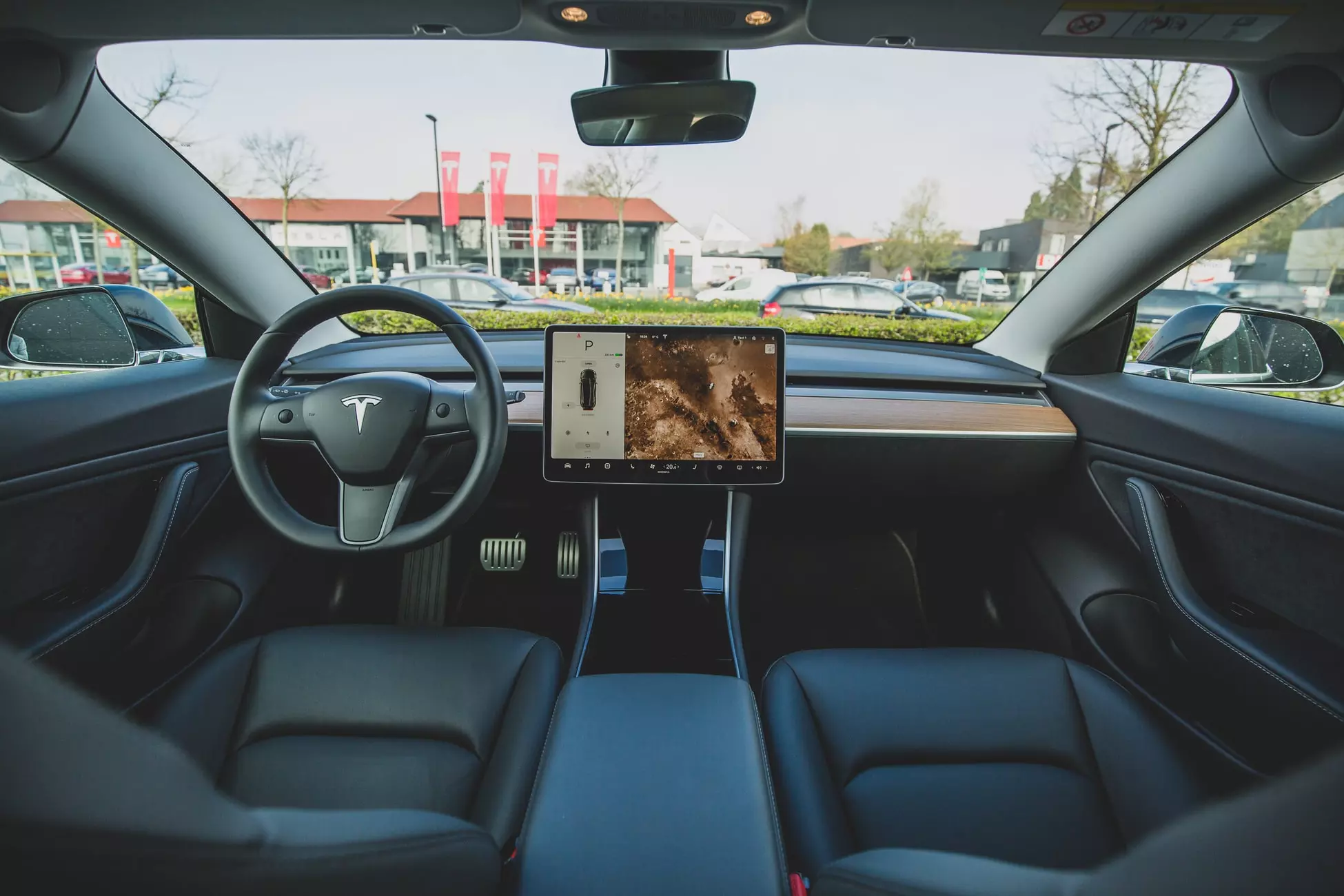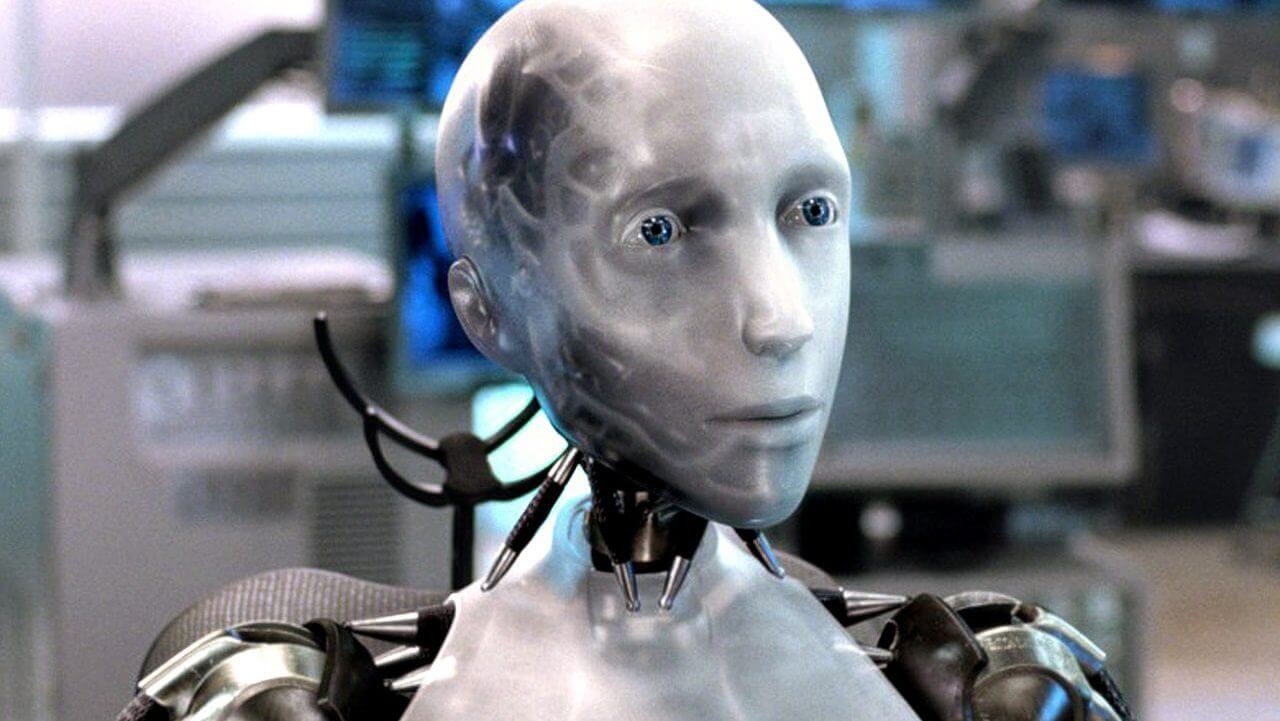Comments
- No comments found

Artificial intelligence, internet of things, blockchain, virtual reality and modern tech are rewriting the future of work continuously.
Are we really moving towards a future that will make our workplaces way more efficient?
Before technology started rewriting the future of work, all types of work in various enterprises was handled manually. Employees worked hard for long hours, and this was considered the most important work ethic. But technology has brought about substantial changes in the ways traditional workplaces have operated. For example, in banking, most transactions and operations were handled manually by the employees. With the rise of technology, most banking operations and services are now taken care of online and provide a more streamlined experience for employees as well the customers.
Modern technology is getting advanced on a daily basis and applying different technologies is making our lives simpler. Modern technologies like artificial intelligence, machine learning, and IoT, are rewriting the future of work. Industries are now witnessing a cultural shift in the workplace. Besides working hard, we have started believing in working smarting too. Every employer wants to ensure that their employees make optimum use of their time at work to produce commendable results. Workplaces have become more organized, time effective, and offer better communication with the help of modern technology, today.
The discoveries made in the world of technology are continuously rewriting the future of work to make workplaces more efficient. The different types of technologies used in workspaces include:
Cloud Services
Cloud services enable users to store documents and projects and share them with other employees and clients. Cloud services help projects to integrate with other applications on the Internet. Multiple members can access any project, and the progress of the project can be tracked in real time. Cloud services ensure real-time collaboration and project management over the Internet to increase productivity across the board.
Artificial Intelligence
According to Accenture, the adoption of AI will increase labor productivity, which can double the rate of growth of the economy in 2035. Artificial intelligence is rewriting the future of work by taking over the small but time-consuming tasks. In the workspace, employees can benefit from AI by handing over multiple tasks such as synchronizing calendars, to the machines. Google uses artificial intelligence in Gmail, for instance, to sort emails under numerous sections like primary, social, promos, updates, and many others. Sorting the inbox makes the emails look more organized, which ensures that Gmail remains user-friendly. Artificial intelligence is also used in Google Calendar, where the application automatically notifies the user about events. Chatbots are another application of artificial intelligence, which is extensively used for customer support. Chatbots are used to answer customer queries and to provide a better experience on social media marketplaces.
Machine Learning
Machine learning is used in the finance industry to understand financial market trends. Applications that use machine learning help in calculating financial risks and planning for the changing market. The retail sector, on the other hand, uses machine learning for recommendations when you make an online purchase.
Internet of Things (IoT)
IoT connects everyday objects and applications to the Internet for sending and receiving data. Workplaces can use IoT, for instance, to track empty conference rooms for the optimal use of employees’ time. Unlocking the full potential of IoT can be used for rewriting the future of work, by connecting various devices to one centralized system that would enable management of every operation in the workplace.
Virtual Reality
When virtual reality came into existence, gaming and entertainment were the only sectors dominated by the technology. But, soon after NASA started training their recruits with the help of virtual reality, various businesses started following with their own training programs. Now, many businesses have training programs for new employees that extensively use virtual reality. Sooner or later, our video conferences calls will take advantage of virtual reality to provide a more immersive experience.
Blockchain
Since the dawn of Bitcoin, multiple organizations have shown interest in blockchain technology. Specifically, organizations intend to create their own economy using their unique crypto-tokens. If major organizations adopt cryptocurrencies, the wages and other transactions in their workplaces will be handled using blockchain technology. Moreover, workplaces also aim to use blockchain for recordkeeping, which raises concerns about fraud and corruption, when handled manually. But, with blockchain, all records of the employees, contracts, and transactions, can be more transparent.

Efficiency
The most significant benefit of introducing modern technology to the workspace is efficiency. Today, workplaces can handle multiple tasks simultaneously with the help of modern technology. For example, multiple major banks across the globe are using AI to stop money laundering by recognizing different patterns and activities that money launderers carry out. Similarly, other modern technologies are used to handle various tasks and speed up the operations at the workplace.
Enhanced Communication
Communication applications such as MS Teams, Hangouts, and Skype are used to communicate with other employees and clients through messages and video conferencing. Communication applications enable better collaboration. Using such communication applications significantly increases internal communication and productivity.
Automation
Another major benefit of modern technologies is their ability to automate. Workplaces are exploiting the potential of modern technologies by automating crucial tasks such as data entry, record keeping, and generating analytics, and automation has significantly reduced the chances of introducing human error.

It is essential to understand what your company does and figure out the big picture to deploy technology solutions for rewriting the future of work. For example, a time tracking tool can allow employees to stay productive by tracking tasks and analyzing their work clock. Understanding how skilled your employees are and planning your budget are vital before deploying new technologies. Workplaces should identify technologies that need to be repurposed before the existing technologies get outdated. Old methods and technologies should be replaced with new ones for better performance and efficient workplaces. Software industry can explore customization and artificial intelligence to deliver better services and applications.
Predicting industry trends can help you prepare for the future of your business segment better and adapt the company and the employees to a dynamic market. The market is competitive and every industry is battling to eat the largest piece of the pie. So, it has become necessary to invest in technology trends to drive business towards success. However, deploying new technologies and adapting to the changes require planning and informed decision making. Strategies are developed to deploy technologies while avoiding obstruction to the everyday operations of the company. Introducing new technologies in your workspace for rewriting the future of work can be an intricate task. It is recommended to consult an expert when deploying IoT, big data, AI, or any modern technology for that matter.
Modern technology is rewriting the future of work by making the workplace and the employees smarter. Major organizations are adopting new technologies to make workplaces more efficient. Moreover, organizations can push a more productive work ethic in their workplaces by leveraging modern technologies. And, technologies like AI, machine learning and blockchain, are here to stay, hence every organization should consider adapting to modern technologies.
Naveen is the Founder and CEO of Allerin, a software solutions provider that delivers innovative and agile solutions that enable to automate, inspire and impress. He is a seasoned professional with more than 20 years of experience, with extensive experience in customizing open source products for cost optimizations of large scale IT deployment. He is currently working on Internet of Things solutions with Big Data Analytics. Naveen completed his programming qualifications in various Indian institutes.
Leave your comments
Post comment as a guest